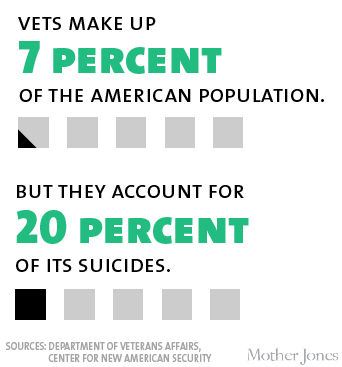Some of the best stories are told when background information is used to further prove the meaning behind the story, in this case that is exactly what happens in the two chapters “Speaking of Courage,” and “Notes,” in Tim O’Brien’s book The Things They Carry.
In this case the former of the two, “Speaking of Courage,” tells the story of a man named Norman Bowker as he struggles to overcome the hardships that he endured during his time in the Vietnam War. The chapter follows Bowker as he drives around a lake continuously for hours as he tries to figure how he could explain what had happened to him in Vietnam. The latter, “Notes,” gives the background of Norman’s life after he returned home from the war. The chapter tells the readers what his life was like, the times he communicated with his good friend from the war Tim O’Brien, and the outcome of what happened in Norman’s life.
With the background information that we receive in “Notes,” we, as readers, can truly understand the actions of Norman Bowker in the previous chapter. Actions like driving repeatedly around the lake, trying to speak with the A & W cashier, and his constant thoughts of those who have moved on in life during his own time in Vietnam.
Norman is suffering from some type of mental illness, maybe PTSD. He feels responsible and guilty for the death of a close friend within his unit named Kiowa. This guilt follows Norman home to Iowa. In a seventeen page letter to O’Brien, Norman explains his life after war. He simply cannot find a meaningful use for his life. He had plenty of small jobs, but he eventually left them all after a short amount of time. He eventually enrolled in Junior College, but dropped out after eight months

. He claimed that the work was not meaningful, it didn’t have true stakes, like the stakes he experienced in war. One quote from Normans letter really stuck out to me to help explain his actions in the previous chapter. Norman writes: “The thing is, there’s no place to go. Not just in this lousy little town. In general. My life, I mean. It’s almost like I got killed over in Nam . . . Hard to describe. That night when Kiowa got wasted, I sort of sank down into the sewage with him . . . Feels like I’m still in deep shit.”
Normans actions can be summed up really easily. His feelings of responsibility and guilt about Kiowa’s death weighs down on him like an anchor, and this makes him feel as if he has no purpose in life after war. All of the people he knew before Vietnam have all moved on with their lives. They’re married, have families and jobs, they’ve moved away, but Norman is unable to do this, he is unable to move on in life. The hardships he endured during war keeps him from being able to go on with his life. He can’t find significance with his life after the war, which is why he cannot keep a job, it’s also why he just continues to drive around that lake for hours on end, he doesn’t know what else to do. But he also is trying to escape these feelings. He tries to figure out how to speak to someone about his problems, because he figures if he does it’ll help him. He sees that in Tim O’Brien, who was able to move on in life because he told his stories through his books. Norman trying to speak of his troubles is conveyed when he tries to start a conversation with the A&W cashier, but ultimately cannot. Eventually his thoughts and feelings become to much for him, and his inability to communicate his feelings results in his suicide.
a conversation with the A&W cashier, but ultimately cannot. Eventually his thoughts and feelings become to much for him, and his inability to communicate his feelings results in his suicide.
With the background information that is given to us readers about Norman Bowker’s life after returning home from the war, we are able to really appreciate more the story that was given to us in the previous chapter. We are able to comprehend why Norman was acting a certain way so much better. We are able to see how seriously affected Norman was from his time in war. So, do you believe that “Speaking of Courage,” becomes a better story with the added information from “Notes,” or do you think that the life of Norman Bowker is not needed to really appreciate the story given to us?
Yes, I agree that Norman feels responsible and guilty of Kiowa’s death. However, why do you think he felt that way? I also liked the PTSD Facts picture added some information which related to your blog post very nicely. The evidence you noted in the blog post made it very easy to understand what happened to Norman and his view’s on life. I feel like your blog post is great and just needs a little bit more elaboration in one or two spots.
I like the last image you added, It’s crazy to think that 20% of America’s suicides are from Veterans. It goes to show that the effects of war are often too powerful to handle for even courageous people. The mental scars they suffered still bleed until death. Also, the life of Norman is definitely needed in the story, not for entertainment but as a reality check and remembrance for Norman’s life.
I agree that Norman felt very guilty about Kiowa’s death but do you think he needed to feel like that. This blog post is very informational with the infromational graffics you imported into the blog and it helps better understand your points in the blog.